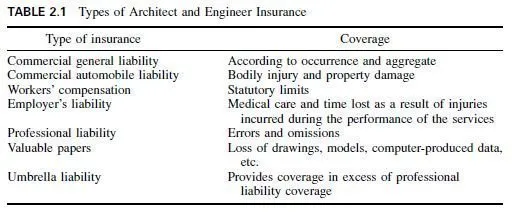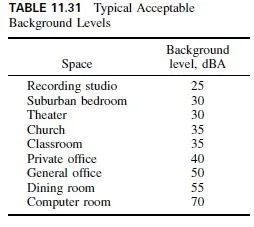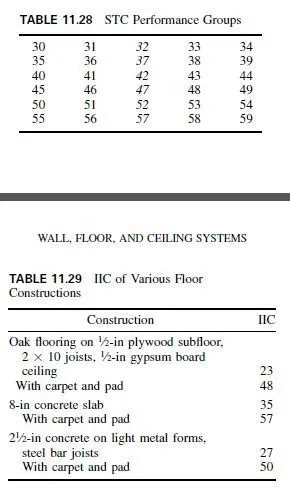Bar supports are commercially available in three general types of material: wire, precast concrete, and all-plastic. Descriptions of the various types of bar supports, as well as recommended maximum spacings and details for use, are given in the CRSI Manual for Standard Practice.
Wire bar supports are generally available in the United States in three classes of rust prevention: plastic-protected, stainless-steel-protected, and no protection (plain). Precast-concrete bar supports are normally supplied in three styles; plain block, block with embedded wires, and block with a hole for the leg of a vertical bar for top- and bottom-bar support.
Various types and sizes of all-plastic bar supports and sideform spacers are available. Consideration should be given to the effects of thermal changes, inasmuch as the coefficient of thermal expansion of the plastic can differ significantly from that of concrete. Investigation of this property is advisable before use of all-plastic supports in concrete that will be exposed to high variations in temperature.
Bar supports for use with epoxy-coated rebars should be made of dielectric material. Alternatively, wire bar supports should be coated with dielectric material, such as plastic or epoxy.


